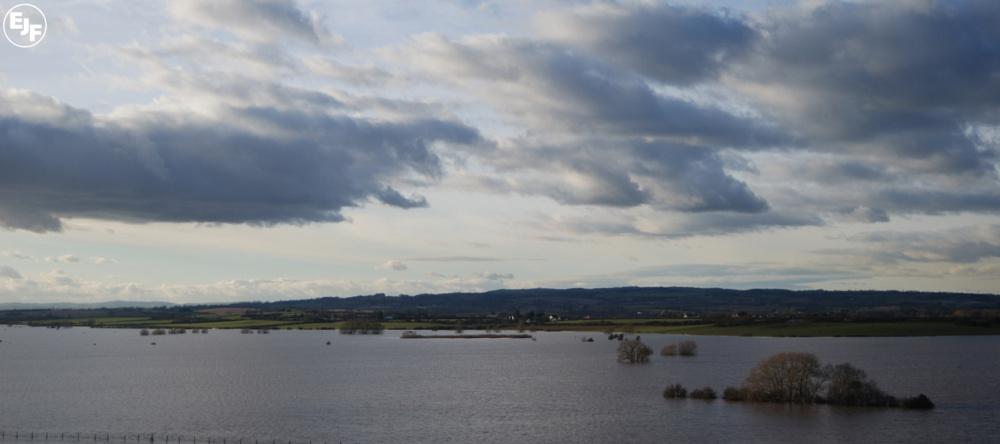
What can flood risk management in the UK teach us about climate adaptation around the world?
Many residents in the UK may need to permanently leave their coastal homes due to climate change and increasing flood risk. The UK is just one of many countries facing climate change impacts that threaten to make currently populated areas uninhabitable.
Increasingly, planned relocation is being considered as a possible solution to adapt to climate change.
Around 50 communities in Wales may be abandoned as Local Authorities consider plans for inland relocation of coastal communities as an alternative solution to coastal defences - which will become increasingly expensive as sea-levels rise. In sparsely populated areas, the upgrading of flood defenses may neither be the safest nor the most cost-effective solution for protecting people from increasing flood risk in the long term. For some decision-makers, this makes so-called ‘managed retreat’ from coastal areas the preferred adaptation strategy. For the current inhabitants of Fairbourne, who are resisting the plans, 'managed retreat' means more than 400 homes are expected to be abandoned by 2055.
Climate change increasingly threatens lives, homes and livelihoods of vulnerable people worldwide. As a result, whilst the UK is still considering this possible adaptation strategy, planned relocations are already taking place in some countries where the impacts are already becoming unmanageable. In the Mekong Delta in Vietnam, the floodplains of the Limpopo River in Mozambique, and the Carteret Islands, Papua New Guinea planned relocations have already begun with help of the government or civil society organizations.
Protecting the rights of vulnerable populations is at the centre of strategies using planned relocation as an adapation to climate change. Yet, at the same time, this strategy can lead to unacceptable violations of human rights. As we move forward into an increasingly uncertain future, it is essential that policymakers and practitioners adopt approaches grounded in human rights to scrutinise plans to relocate communities threatened by climate change.
SIGN UP FOR OUR EMAILS AND STAY UP TO DATE WITH EJF